Google removes over 3.4 bn ads, suspends over 5.6 mn advertiser accounts
Google has released its annual report on its efforts to prevent malicious use of its ads platforms. In a blog Google emphasised on how user safety is at the top of its list when it makes decisions about ads and monetised content on its platforms.
User safety is at the top of our list when we make decisions about ads and monetized content on our platforms. In fact, thousands of Googlers work around the clock to prevent malicious use of Google’s advertising services and help make them safer for people, businesses and publishers. This is done because an ad-supported internet means everyone can access essential information.
And as the digital world evolves, policy development and enforcement strategies evolve with it – helping to prevent abuse while allowing businesses to reach new customers and grow. Google has continued to invest in its policies, teams of experts and enforcement technology to stay ahead of potential threats. In 2021, Google introduced a multi-strike system for repeat policy violations. The Internet major added or updated over 30 policies for advertisers and publishers, including a policy prohibiting claims that promote climate change denial and a certification for U.S.-based health insurance providers to only allow ads from government exchanges, first-party providers and licensed third-party brokers.
In 2021, Google removed over 3.4 billion ads, restricted over 5.7 billion ads and suspended over 5.6 million advertiser accounts. The Internet giant also blocked or restricted ads from serving on 1.7 billion publisher pages, and took broader site-level enforcement action on approximately 63,000 publisher sites.
Suspending triple the number of advertiser accounts
As per its 2020 report, Google has seen an increase in fraudulent activity during the pandemic. In 2021, it continued to see bad actors operate with more sophistication and at a greater scale, using a variety of tactics to evade our detection. This included creating thousands of accounts simultaneously and using techniques like cloaking and text manipulation to show Google’s reviewers and systems different ad content than they’d show a user – making that content more difficult to detect and enforce against.
Google is continuing to take a multi-pronged approach to combat this behaviour, like verifying advertisers’ identities and identifying coordinated activity between accounts using signals in its network. It is actively verifying advertisers in over 180 countries. And if an advertiser fails to complete its verification program when prompted, the account is automatically suspended.
This combination of efforts has allowed Google to match the scale of its adversaries and more efficiently remove multiple accounts associated with a single bad actor at once. As a result, between 2020 and 2021, Google tripled the number of account-level suspensions for advertisers.
Preventing unreliable claims from monetizing and serving in ads
In 2021, Google doubled down on its enforcement of unreliable content. The Internet major blocked ads from running on more than 500,000 pages that violated its policies against harmful health claims related to COVID-19 and demonstrably false claims that could undermine trust and participation in elections. Late last year, Google also launched a new Unreliable Claims policy on climate change, which prohibits content that contradicts well-established scientific consensus around its existence and causes.
It has stayed focused on preventing abuse in ads related to COVID-19, which was especially important in 2021 for claims related to vaccines, testing and price-gouging for critical supplies like masks. Since the beginning of the pandemic, Google has blocked over 106 million ads related to COVID-19. It has also supported local NGOs and governments with $250 million in Ad Grants to help connect people to accurate vaccine information.
Introducing new brand safety tools and resources for advertisers and publishers
Maintaining advertisers’ brand safety remains a top priority. Last year, Google added a new feature to its advertiser controls that allow brands to upload dynamic exclusion lists that can be automatically updated and maintained by trusted third parties. This helps advertisers get access to the resources and expertise of trusted organisations to better protect their brands and strengthen their campaigns.
Advertisers care about all the content on a page where their ads may run, including user-generated content (UGC) like comment sections. That’s why Google holds publishers responsible for moderating these features. It has released several resources in the past year to help them do that – including an infographic and blog post, troubleshooters to solve UGC issues and a video tutorial.
In addition to these resources, Google has made targeted improvements to the publisher approval process for more efficient detection and to block bad actors before they could even create accounts. As a result, it reduced the number of sites that needed site-level action compared to previous years.
Responding to the war in Ukraine
Though the report only covers 2021, Google also shares an update on its response to the war in Ukraine – given it is top of mind for so many around the world, including its enforcement teams. Google acted quickly to institute a sensitive event, prohibiting ads from profiting from or exploiting the situation. This is in addition to the Internet giant’s longstanding policies prohibiting content that incites violence or denies the occurrence of tragic events to run as ads or monetize using its services.
Google has also taken several other steps to pause the majority of its commercial activities in Russia across its products – including pausing ads from showing in Russia and ads from Russian-based advertisers, and pausing monetisation of Russian state-funded media across Google’s platforms.
So far, over 8 million ads related to the war in Ukraine have been blocked under Google’s sensitive event policy and separately removed ads from more than 60 state-funded media sites across our platforms.
Looking ahead to 2022
A trustworthy advertising experience is critical to getting helpful and useful information to people around the world. And this year, Google plans to continue to address areas of abuse across its platforms and network to protect users and help credible advertisers and publishers. Providing more transparency and control over the ads people see is a big part of that goal. Google’s new “About this ad” feature is rolling out globally to help people understand why an ad was shown and which advertiser ran it. They can also report an ad if they believe it violates one of our policies or block an ad they aren’t interested in.





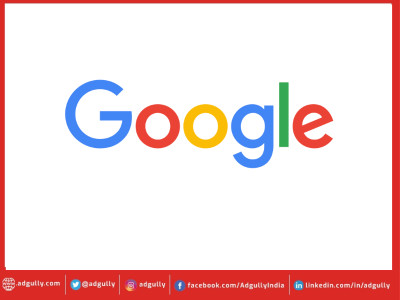



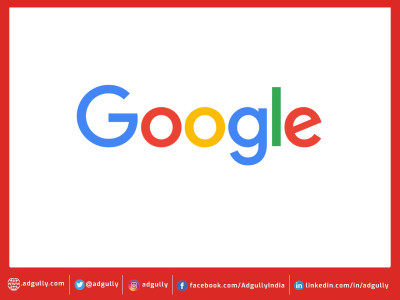
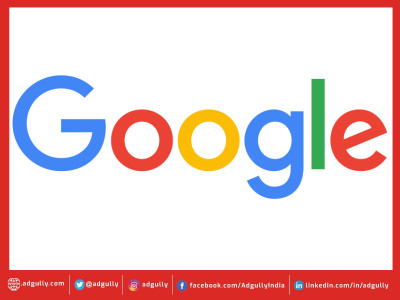
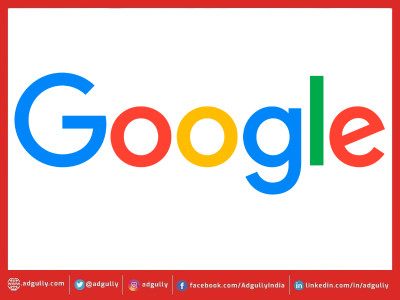

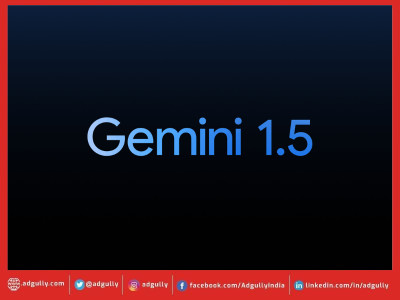


Share
Facebook
YouTube
Tweet
Twitter
LinkedIn